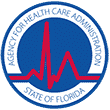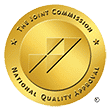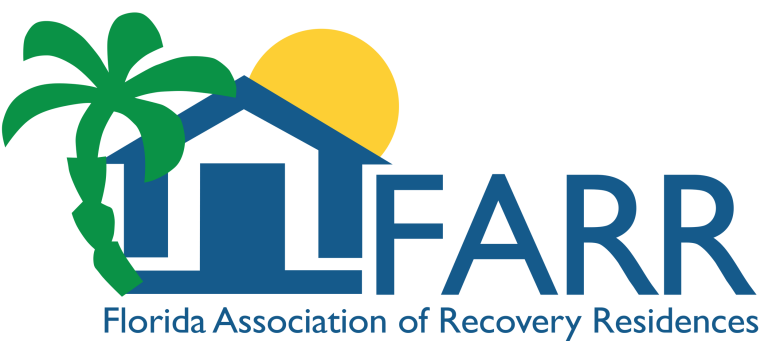When you stop drinking alcohol, your body may go through an uncomfortable process called alcohol withdrawal syndrome (AWS). This happens because your body gets used to having alcohol in your system. If you suddenly stop drinking, you may experience uncomfortable and sometimes dangerous withdrawal symptoms.
Alcohol addiction can change your body and make it difficult to control how much you drink. It can also make it harder to reduce or stop drinking alcohol.
Let’s review the symptoms of alcohol withdrawal and how long you can expect them to last.
Symptoms of Alcohol Withdrawal
Before we look at alcohol withdrawal stages, it is important to understand the most common symptoms in someone experiencing alcohol withdrawal:
- Insomnia
- Decreased appetite
- Tremors or Tics
- Confusion
- Headache
- Nausea and vomiting
- Excessive sweating
- Fatigue
- High body temperature
- Mood swings
- Depression
- Strong craving for alcohol
- Irregular or increased heart rate
The severity and nature of alcohol withdrawal symptoms depend on a person’s physicality and the amount and frequency of drinking, as well as overall mental and physical health.
Alcohol withdrawal symptoms can range from mild physical and psychological discomfort to severe, life-threatening conditions.
Alcohol Withdrawal Timeline
Alcohol Withdrawal Syndrome, or AWS, typically follows a timeline that is best understood as broken up into three different stages. During these stages, the person experiencing withdrawal will go through a range of mild to severe symptoms.
Stage 1
This stage of withdrawal will begin between 6 to 12 hours after a person’s last drink. This stage of withdrawal typically has mild symptoms and includes symptoms such as:
- Headaches
- Dilated Pupils
- Unclear thinking
- Nausea or loss of appetite
- Vomiting
- Craving for alcohol
Stage 1 of withdrawal often mimics the symptoms people experience with a hangover. The severity of these symptoms will depend on how much alcohol the person was consuming.
Stage 2
Within 12 to 48 hours after the last drink, symptoms will become more intense and can even result in racing or palpitating heart rates. Symptoms during this stage are best managed with medical supervision.
Because Alcohol suppresses your Central Nervous System (CNS), withdrawal can result in your nervous system trying to re-regulate itself and overcompensating. This can cause seizures to occur.
During stage 2 of withdrawal, the most common symptoms include:
- Mental confusion
- High blood pressure
- Irregular heartbeat
- Breathing difficulties
- Sweating
- Hallucinations
- Seizures
Stage 3
In this stage, the person experiencing withdrawal will endure the most severe symptoms. All of the symptoms in stage 2 will intensify and can be extremely dangerous.
The onset of stage 3 symptoms typically occurs between 48 to 72 hours after the last drink. This stage can last for up to four days.
It is essential to have medical supervision during stage 3 as seizures can occur without warning and be fatal.
During stage 3, you can expect the following:
- Confusion
- Agitation
- Disorientation
- Rapid heartbeat
- Fever
- Seizures
How Long Does Alcohol Withdrawal Last?
Most symptoms have stopped by day four or five in the withdrawal timeline. Unfortunately, in some cases, less severe symptoms can persist for up to a month.
This is a basic timeline. It’s important to know that withdrawal symptoms can be different for each person. It’s best to talk to a healthcare provider for personalized support and guidance during this time.
100% Confidential Support is Available 24/7
No matter what you’re going through, you’re not alone. Our dedicated team is here to provide a safe, judgment-free space where you can talk openly and honestly. Whether you need emotional support, resources, or just someone to listen.
We’re here for you—completely confidential and always respectful of your privacy. Call us today!
Treating Alcohol Withdrawal
There are a wide variety of treatment programs available for AWS. A person dependent on alcohol is typically going to have better success reaching sobriety with support from medical professionals, taking the steps towards medical detox, talk therapy, and with the help of a support group in a comfortable environment.
Detox and Outpatient Care
As you experience the stages of withdrawal, a medical detox program can support your needs to help manage symptoms and keep you comfortable.
- Inpatient detox for alcohol addiction is often the first step in recovery. In this setting, the patient receives support 24/7. Medical professionals provide individual and group therapy and can also prescribe medications such as benzodiazepines to help lessen more severe withdrawal symptoms.
- Outpatient treatment involves the patient living at home in a sober environment and having a treatment plan that includes therapy appointments and support groups.
Depending on a person’s alcohol dependency, inpatient treatment may or may not be necessary. Your team of providers will help determine the right course for your recovery.
Aftercare
Recovery from addiction is a lifelong commitment. Aftercare programs provide ongoing support to individuals after their initial treatment, offering a network of people to help them maintain sobriety in the long term.
Secondary care helps individuals transition back into their everyday routines after their initial treatment and is an effective way to ensure lasting recovery. This can include participation in a 12-step program, working with a mentor, and regular appointments with a therapist.
Contact Solutions Healthcare
Battling with Drug and Alcohol Addition? Remember, you are not alone and we are here to help you!
There is Hope
At Solutions Healthcare Treatment, we are dedicated to helping you reach sobriety with ease. We will take care of all the details, giving you a clear path to recovery.
Just one call can be the start of your transformation, making us your trusted partner in overcoming addiction challenges. It is your time to take control of your life and start living with freedom.
References
- American Family Physician: Alcohol Withdrawal Syndrome
- National Library of Medicine: Alcohol Withdrawal
- National Library of Medicine: Alcohol Withdrawal Syndrome: Outpatient Management





























